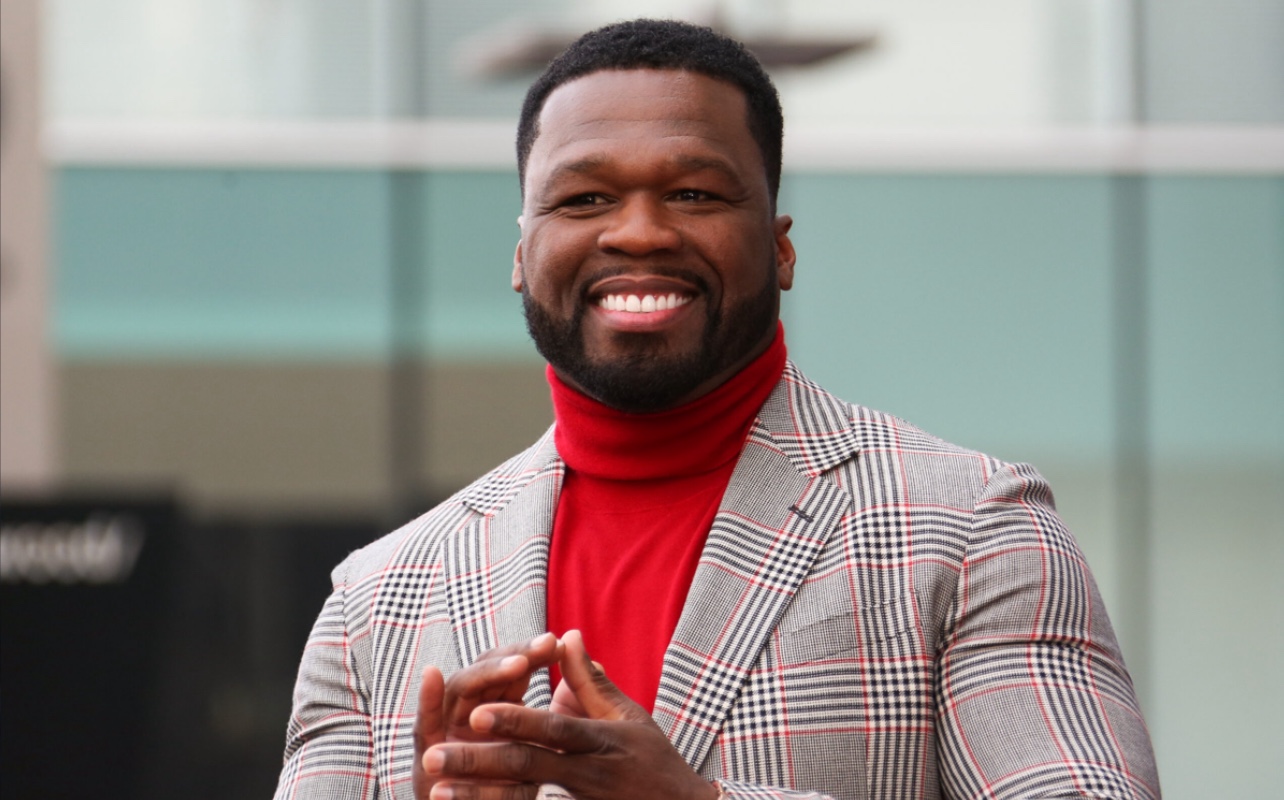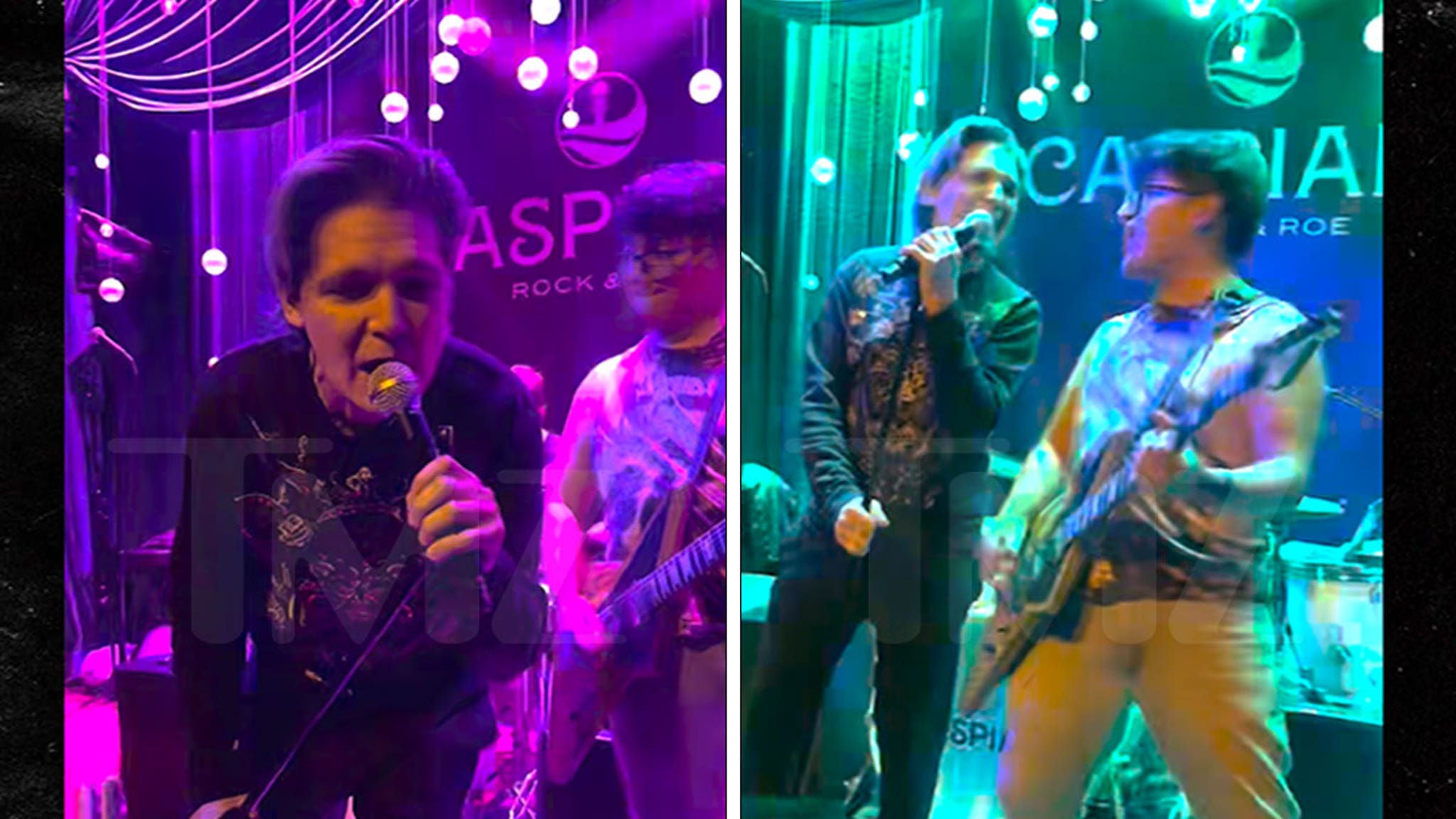
Fresh off his 60 Minutes profile, NBA super agent Rich Paul made an appearance on Sirius XM’s The Clay Cane Show on Oct .11 to take a deep dive into the way he is perceived compared to white power brokers in sports and business.
A trailblazer, Paul’s made his own way to creatie $4 billion for his clients at Klutch Sports Group, a roster that is a veritable who’s-who across the American sports landscape.
When Cane asked Paul pointedly about white American athletes in his portfolio, Paul hinted that there is a difference between the way white European basketball players look at Paul versus the way white American players view him. Paul would go on to confirm that he has no white American basketball players who he or his agency represents because of the way they seem to view him.
“That’s accurate, yeah. Now that’s not necessarily, you know, when we think about that, we’re not, it’s not international players because international players actually have a different outlook on it. And I represent an international player, Jusuf Nurkic. He’s from Bosnia, so he has a different outlook on it,” explains Paul. “But if you grew up in, you know, Indiana or Georgia or, you know, or Oklahoma, or even Ohio for that matter. Yeah, no.”
Paul also said that he thinks the difference is because white American basketball players don’t seem to trust Black sports agents. But he did clarify that he has white American athletes in his portfolio, but they are not basketball players.
Paul is on a media blitz of sorts to promote his new memoir, Lucky Me, which chronicles his rise from street hustler and drug dealer to the right hand man of LeBron James, who he met during a chance encounter at an airport.
Paul also appeared on Good Morning America on Oct. 10, and while discussing the vulnerability required to share that his mother was a drug addict, he addressed the stigma that sometimes surrounds Black people and therapy.
“So as I got into writing the book I started to feel better, I started to kind of share some of those moments and release that trauma that was built inside. You know, growing up how we grew up, we didn’t understand or even know what it was like to have a therapist and things like that and it was really nobody to be vulnerable with,” he says.
During his 60 Minutes profile, Paul alluded to there being a negative connotation when he is referred to as a hustler, versus someone like Amazon CEO Jeff Bezos or Nike chairman emeritus Phil Knight.
“But Jeff Bezos is a hustler, think he’s not? Phil Knight was the ultimate hustler. The difference is, they could go with their plan and their business idea, and get someone to believe in them. It didn’t matter what idea I had, there’s no pathway to get there,” Paul pointed out.







